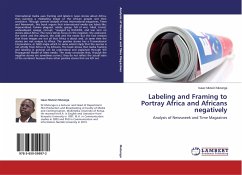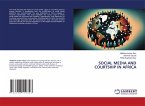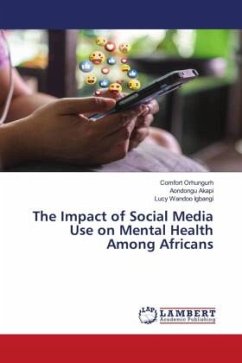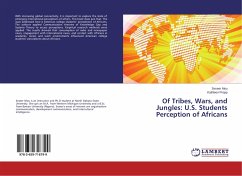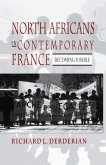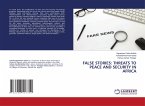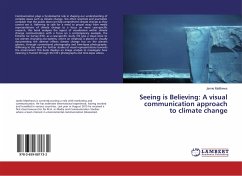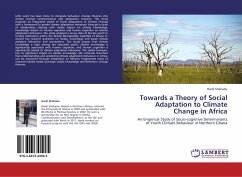International media uses framing and labels in news stories about Africa, thus painting a misleading image of the African people and their continent. Through content analysis of two International magazines, Times and Newsweek, this book argues that international media use labels like; impoverished, famine plagued, rebels, gangs, full of war, tribal, brutal, undeveloped, savage, corrupt, "ravaged by HIV/AIDS, and war torn on stories about Africa. The news stories focus on the negative, the awkward, the weird and the absurd, the wild and the exotic but the fact remains that these images are not all that Africa is about and, at same time the stories are not unique to Africa. The positive stories has a Transnational Corporations, or NGO angle which to some extent imply that the success is not wholly from Africa or by Africans. The book shows that media framing and labeling in general can be understood and explained through the Propaganda Model of Mass media. The study concludes that,though the negative stories are sometimes correct, they do not reflect the actual state of the continent because there other positive stories that are left out.
Bitte wählen Sie Ihr Anliegen aus.
Rechnungen
Retourenschein anfordern
Bestellstatus
Storno

